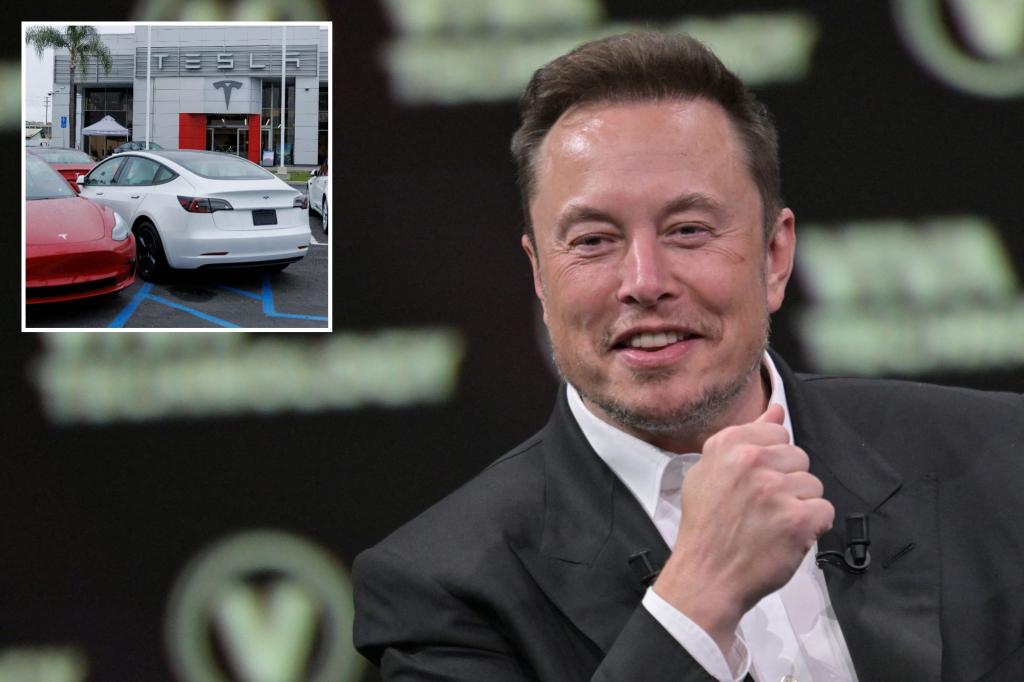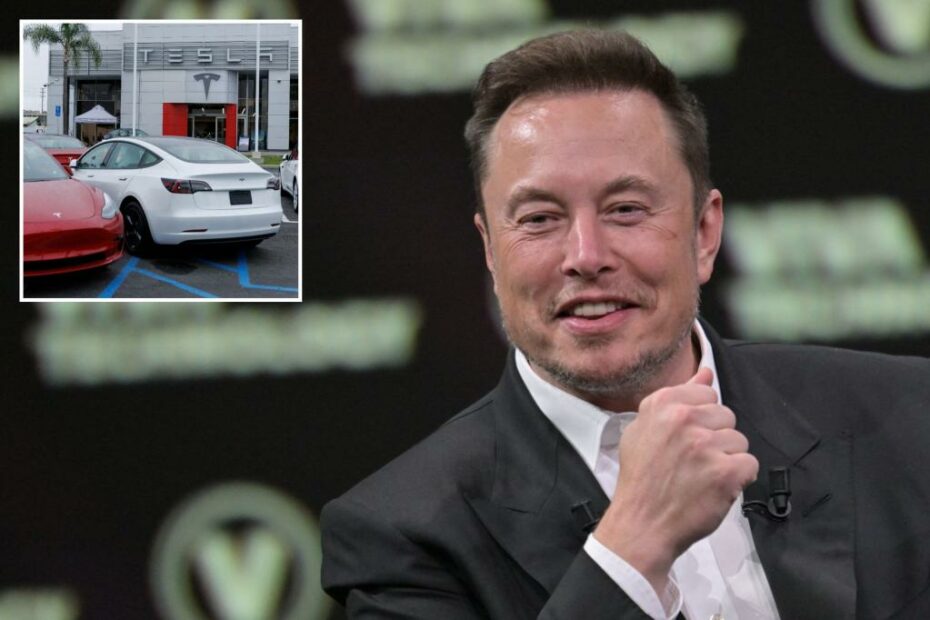Tesla Q2 sales beat estimates as Elon Musk’s price cuts drive demand
Tesla, the electric vehicle maker based in Austin, Texas, surpassed quarterly revenue expectations but revealed that its gross margin had fallen in the second quarter. The company faced pressure from increasing competition and an uncertain economy, prompting it to reduce prices and offer incentives in an attempt to reduce inventory. In response to these challenges, Tesla announced a focus on cost reduction and new product development. However, the lack of new models made it difficult for the company to compete with local players in China, where demand for EVs had been affected. While lower pricing and government tax breaks in the US and other countries drove Tesla’s deliveries to a record high, it also impacted the profitability of the company. CEO Elon Musk had previously emphasized the price war and prioritized sales growth over profit. Despite this, Tesla’s share price has more than doubled this year with support from other automakers adopting Tesla’s charging standard, increased federal credits, and investor enthusiasm for artificial intelligence.
FAQs:
Q: Why did Tesla’s gross margin fall in the second quarter?
A: Tesla’s gross margin in the second quarter was impacted by the company’s efforts to boost sales through price cuts, reducing its profitability.
Q: Why did Tesla reduce prices and offer incentives?
A: Tesla faced increasing competition and an uncertain economy, leading the company to reduce prices and offer incentives to reduce inventory.
Q: Why did Tesla struggle to compete in China?
A: The lack of new models from Tesla made it challenging to compete with local players in China who were offering more attractive options, which affected demand for Tesla vehicles in the country.
Q: How did lower pricing impact Tesla’s profitability?
A: Lower pricing, along with government tax breaks for electric vehicle buyers, led to record-high deliveries for Tesla. However, it also ate into the company’s profitability, affecting its gross margin.
Q: What was Tesla’s CEO’s stance on the price war?
A: Tesla’s CEO, Elon Musk, doubled down on the price war in April, prioritizing sales growth over profit in a weak economy and in the face of rising competition.
Q: What factors contributed to the increased share price of Tesla?
A: Tesla’s share price more than doubled this year due to support from other automakers adopting their charging standard, expanded federal credits for Model 3s, and investor excitement surrounding artificial intelligence.

Elon Musk’s Price Cuts Fuel Demand, Resulting in Tesla Q2 Sales Surpassing Estimates
Tesla surpassed quarterly revenue expectations, but encountered a decrease in gross margin during the second quarter due to efforts to boost sales through price cuts. After initially dropping by 2%, shares of the Austin-based automaker rose by 2% in post-market trading. Under pressure from competitors and an uncertain economy, Tesla has implemented price reductions and incentives to reduce inventory. The company emphasized a focus on cost reduction and new product development, acknowledging the ongoing challenges presented by the current climate. Tesla has faced difficulty in taking on rivals in China due to a lack of new models and increased demand for glitzier offerings from local players. Despite this, lower pricing and government incentives led to a record 466,000 vehicle deliveries between April and July. However, these measures affected the company’s profitability, which had historically been enviable within the auto industry. Tesla CEO Elon Musk emphasized the price war in April, prioritizing sales growth over profit. In the April-June period, the company reported a gross margin of 18.2%, the lowest in 16 quarters, compared to 19.3% in the first quarter. On an adjusted basis, Tesla earned 91 cents per share, surpassing analyst expectations of 82 cents per share. The company reported revenue of $24.93 billion for the April-June period, exceeding estimates. Tesla’s share price has more than doubled this year, benefiting from support from other automakers regarding Tesla’s charging standard, expanded federal credits for Model 3s, and investor enthusiasm surrounding artificial intelligence.
